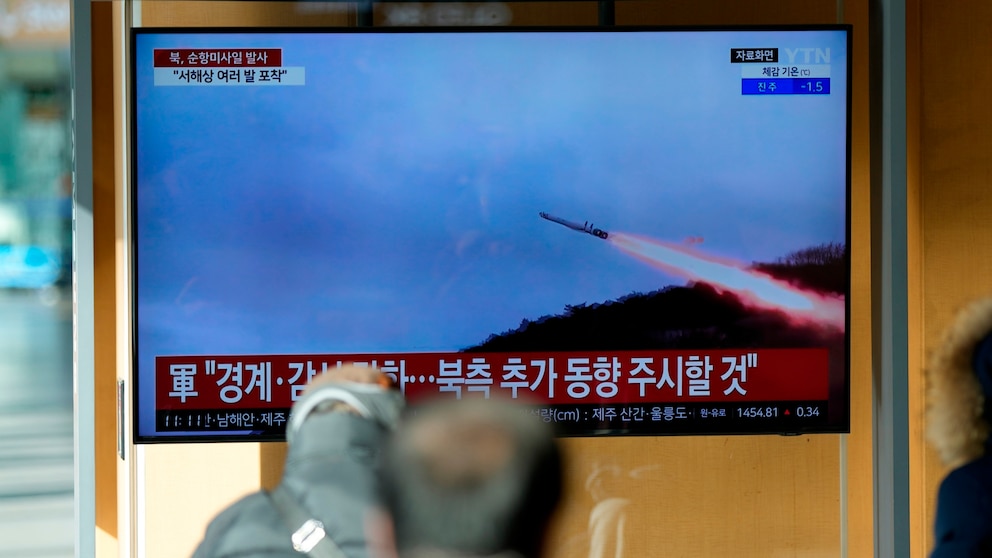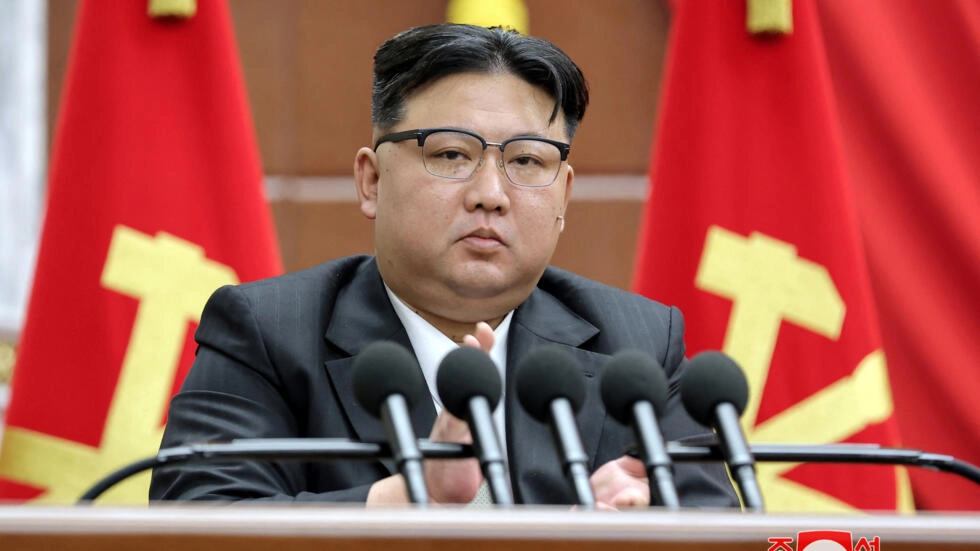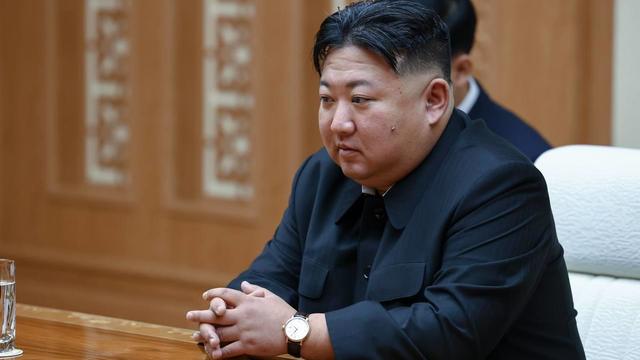This article is more than
7 year oldNorth Korea ballistic missile test sparks condemnation
South Korea and US officials said the missile, launched on Saturday night, flew east towards the Sea of Japan for about 500km (300 miles).
South Korea's defence ministry called it an armed provocation to test the response of US President Donald Trump.
Japan's Prime Minister Shinzo Abe, standing next to Mr Trump on a visit to the United States, said the test was "absolutely intolerable".
United Nations resolutions forbid North Korea from carrying out ballistic missile tests - part of wider efforts to prevent it becoming a fully nuclear-armed power.
South Korea's foreign ministry said that "North Korea's repeated provocations show the Kim Jong-un regime's nature of irrationality, maniacally obsessed in its nuclear and missile development".
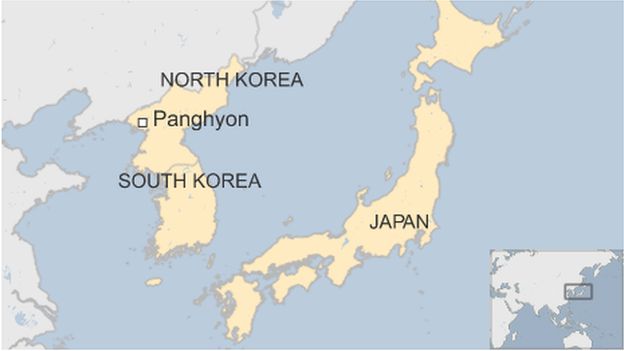
'Hostility'
Nato also condemned the missile test, with Secretary General Jens Stoltenberg urging North Korea "not to raise tensions further and to re-engage in a credible and meaningful dialogue with the international community".
The European Union joined the criticism, declaring in a statement that North Korea's "repeated disregard of its international obligations is provocative and unacceptable".
As for the US, Mr Trump said on Saturday: "America stands behind Japan, its great ally, 100%."
Top Trump adviser Stephen Miller told Fox News Sunday: "The message is that we are going to reinforce and strengthen our vital alliances in the Pacific region as part of our strategy to deter and prevent the increasing hostility that we've seen in recent years from the North Korean regime."

"Strengthen alliances" - Stephen Miller's reaction to the missile test
China, North Korea's closest ally, has yet to comment. Beijing has joined in international efforts to press Kim Jong-un to reign in his nuclear ambitions.
North Korea itself has yet to confirm the test.
Read more
- How advanced is North Korea's nuclear programme?
- North Korea's missile programme
- Stephen Evans: What will Trump do about North Korea?
- US warns N Korea against nuclear attack
Sunday's launch took place at 07:55 local time (22:55 GMT Saturday) from the Banghyon air base in North Pyongan province on the west side of the Korean peninsula.
Much of the detail has come from South Korea officials.
The Musudan intermediate-range missile reached an altitude of about 550km (350 miles), the South Korean military said. This type is thought capable of flying a distance of 4,000km and reaching the US territory of Guam in the Pacific Ocean.
However, experts suggest the tests are programmed for shorter distances to avoid a missile landing on Japan. This was the latest in a series of tests in the past year, including North Korea's fifth of a nuclear device.
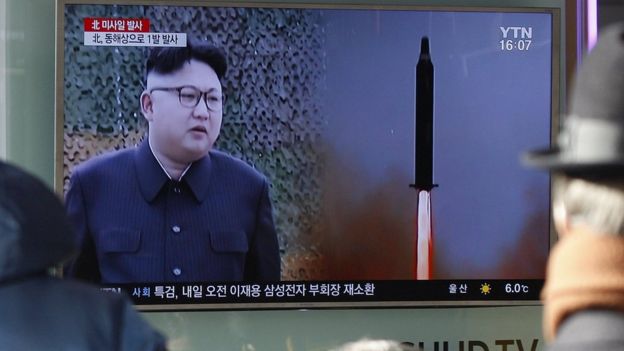
Kim Jong-un has authorised several missile and nuclear tests in the past year
In January, Kim Jong-un warned that his military was close to testing long-range missiles capable of delivering nuclear warheads to the United States mainland, but experts doubt the technology has progressed that far.
At the time, Mr Trump derided the claim in a tweet, saying: "It won't happen."
On a visit to South Korea last week, US Defence Secretary James Mattis said that any use of nuclear weapons by North Korea would be met with an "effective and overwhelming" response.
He also reconfirmed plans to deploy a US missile defence system in South Korea later this year.
Keywords
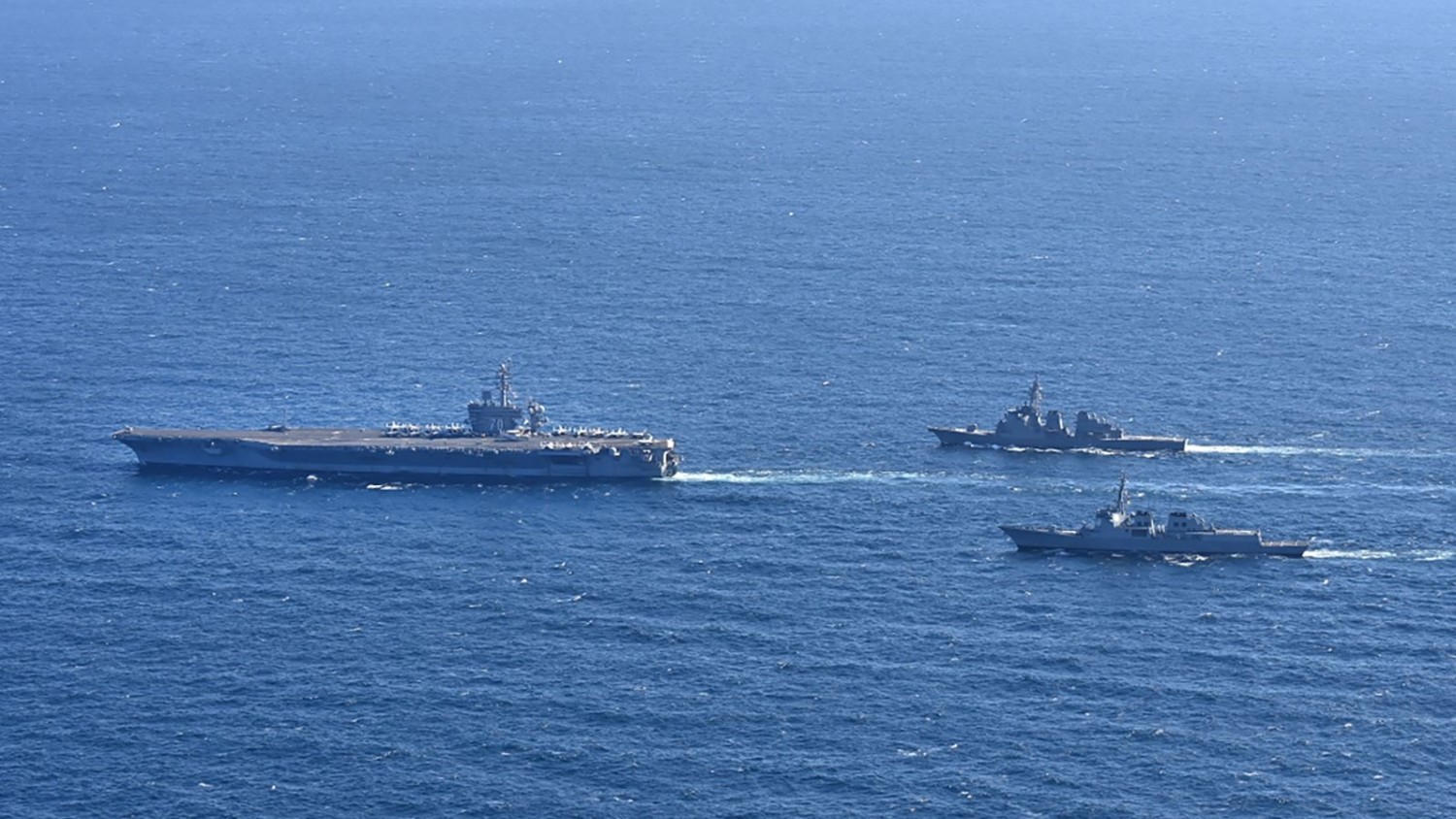
Newer articles
<p>Porn star Stormy Daniels has gone to town on Donald Trump in court saying “nobody would ever want to to publicly” admit they had sex with the former president.</p>
Justin Bieber announces huge personal news
Kendrick Lamar Beat Drake By Being Drake
How Kendrick Lamar and Drake changed rap beefs forever Rapid-fire releases and fast pace of modern life elevate diss war to levels unparalleled in hip-hop history.
UN assembly urges Palestine membership after vote
Sean 'Diddy' Combs asks judge to reject lawsuit alleging rape of 17-year-old girl in 2003
TikTok to automatically label AI-generated user content in global first
Justin Bieber and wife Hailey drop major announcement after crying photos cause concern
Taylor Swift concert photo horrifies internet
Ukraine finds itself in a grave situation. Russia appears to be advancing
